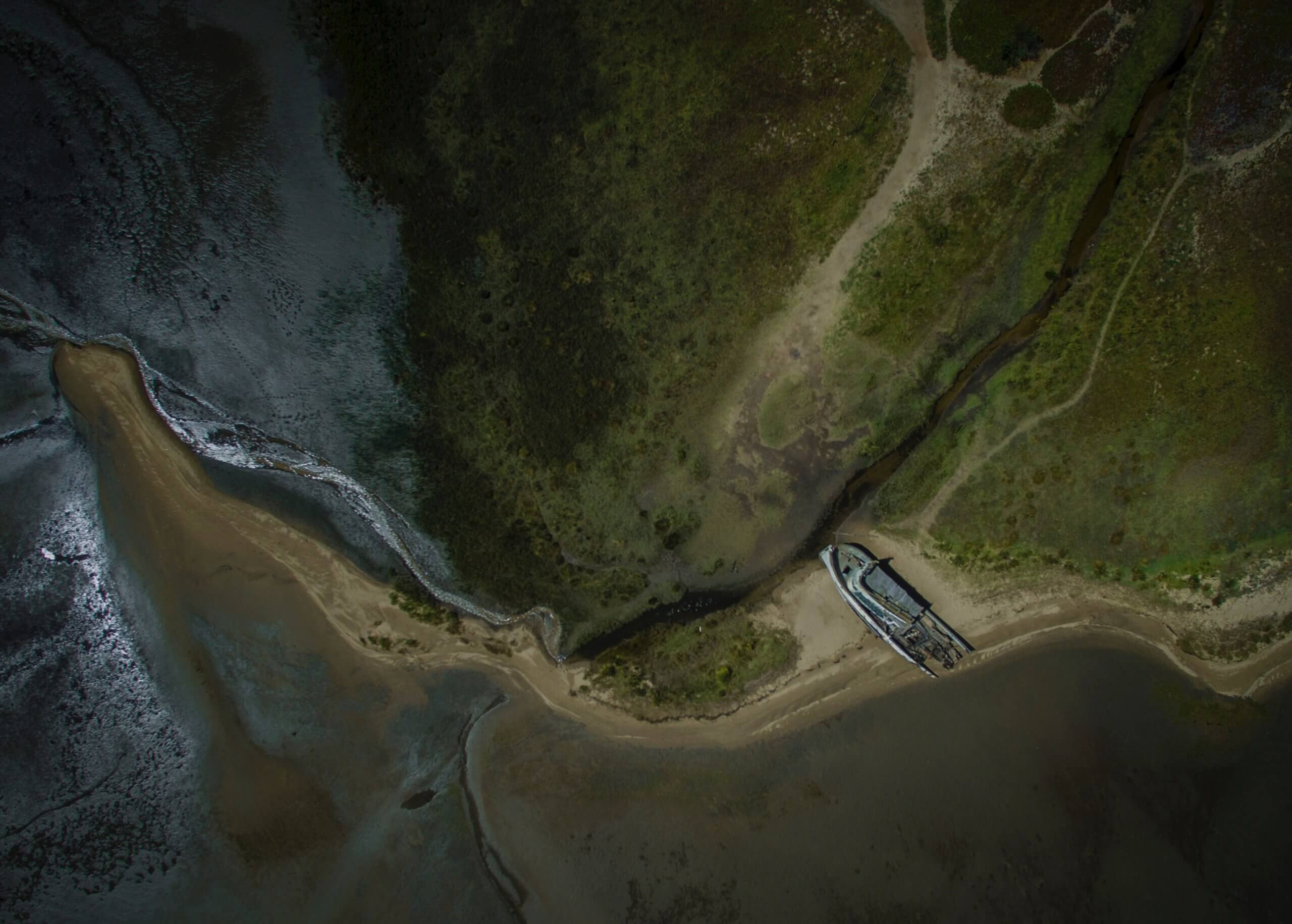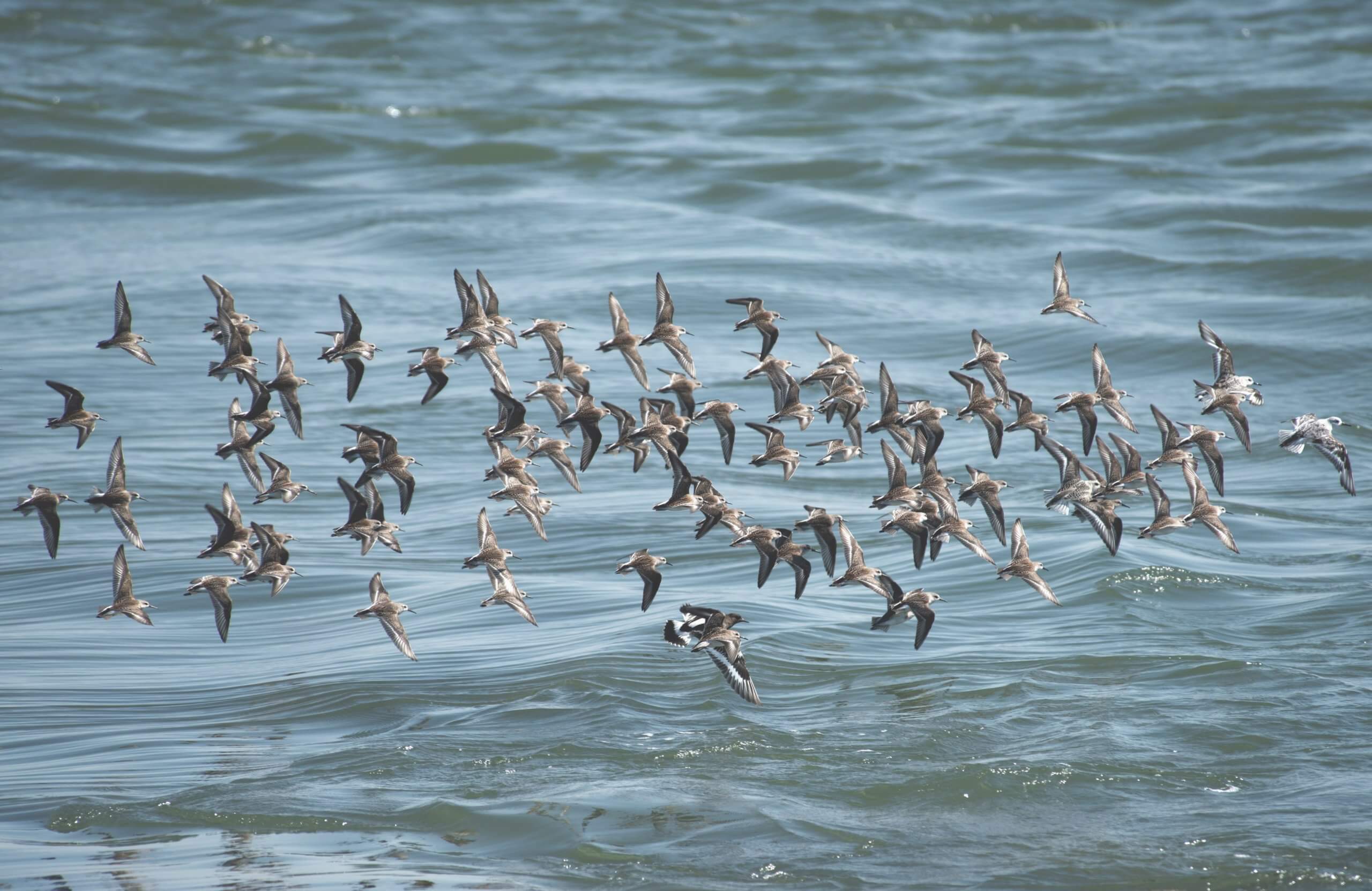The realization that I might not want a traditional career in academic science started as a slight nagging feeling that wouldn’t go away. I didn’t want it to be true. After all, I had already invested so much in academia. And, more importantly, many eminent scientists throughout my undergraduate and graduate training had already invested so much in me. How could I let them down?
Since reading Ed Yong’s wonderful profile last week of ecologist Bob Paine, I’ve been thinking a lot about that stomach-twisting time in my own career path – now more than a decade ago. Though not part of the Paine family dynasty myself, I was a Ph.D. student in the same department when Bob Paine was chair. Inspired and mentored by top-notch scientists and brilliant teachers, including my own wonderfully supportive advisors Tom Daniel and Richard Strathmann, I felt like a double agent and impostor to even be considering a different path, particularly one in science policy or science journalism (which were increasingly on my mind).
Other scientists-turned-alternate-career practitioners that I’ve met along the way have shared similar experiences, and I knew this struggle wasn’t unusual. But Jane Lubchenco’s comments in Yong’s recent piece really helped nail just why this is so hard. In part, the challenge stems from the fact that the academic culture comes from a tradition that is “anti being relevant,” as Lubchenco put it. Though in recent years academic science has increasingly aligned to solve real-world problems, in no small part thanks to pioneers like Lubchenco herself, vestiges of the ‘anti-relevant’ culture remain. But this change is happening slowly and we still have a long way to go—those who venture outside of academia can (and still do) draw criticism from their more academically oriented colleagues.
Perhaps even more significantly, the struggle stems from the unique relationship between a Ph.D. student and his/her advisor. This bond is much closer to child-to-parent than student-to-teacher. Advisors, especially the great ones, invest heart and soul in their students. Last April, the Council of Graduate Schools released a report entitled Pathways Through Graduate School and into Careers. The study, undertaken by a 14-member Commission made up of university administrators and industry leaders, confirmed that a faculty member or advisor is the one to primarily provide career advice, more than any other influence. When students choose a path that diverges from their advisor’s, it is no surprise that advisors may feel twinges of disappointment. And graduate students bear the weight of knowing that they may have disappointed their mentors… I know I felt this way. Lubchenco even related to this experience in her own move into policy (despite the fact she was still maintaining a robust research laboratory at the same time), “I knew Bob didn’t approve and I did it anyhow. It was really painful to rebel.”
But many advisors are also in a bind for how to be effective mentors for their graduate students who may want to pursue alternate careers. Despite every desire to support their students, few advisors have either the knowledge or networks to help them pursue non-traditional opportunities. In many cases, the career advisory structure within universities is ill equipped to fill this much-needed gap.
These challenges in graduate education are building toward a national tipping point. Shifts in academic culture, combined with increasing shortages of academic jobs, have heightened the urgency for developing a support system that can help young scientists find careers across diverse employment sectors. Among a suite of other recommendations in the report by the Council of Graduate Schools, was the need for both graduate students and graduate faculty to increase their exposure to non-academic career options through internships and sabbatical opportunities.
It remains to be seen whether this momentum toward graduate education modernization will take hold across academic departments and institutions nationwide. COMPASS is also working on one front of this arena: We will be convening a group of thought leaders this fall to think through what it would take to scale up and make broadly accessible the delivery of science communications trainings, an additional piece of professional skills development for science graduate students. You’ll hear more about this project soon in future posts.
For me, personally, I wouldn’t change a thing about the circuitous route I took toward a career at the crossroads. Or the soul searching that it required to get here. But it was hard. For those just starting down a path of trying to figure out how to use your Ph.D. in non-traditional ways, I’d offer this: You are not alone. There many who have struggled with what you are struggling with. And we are here to help.



